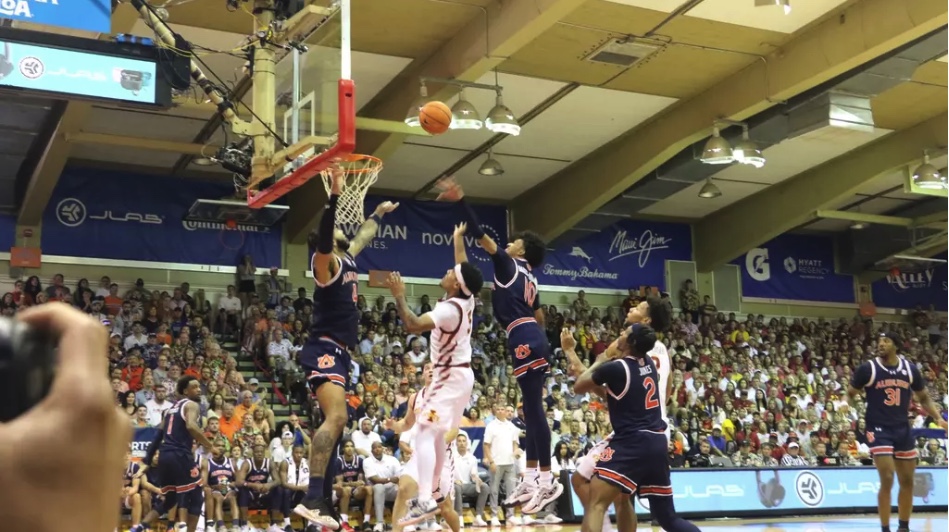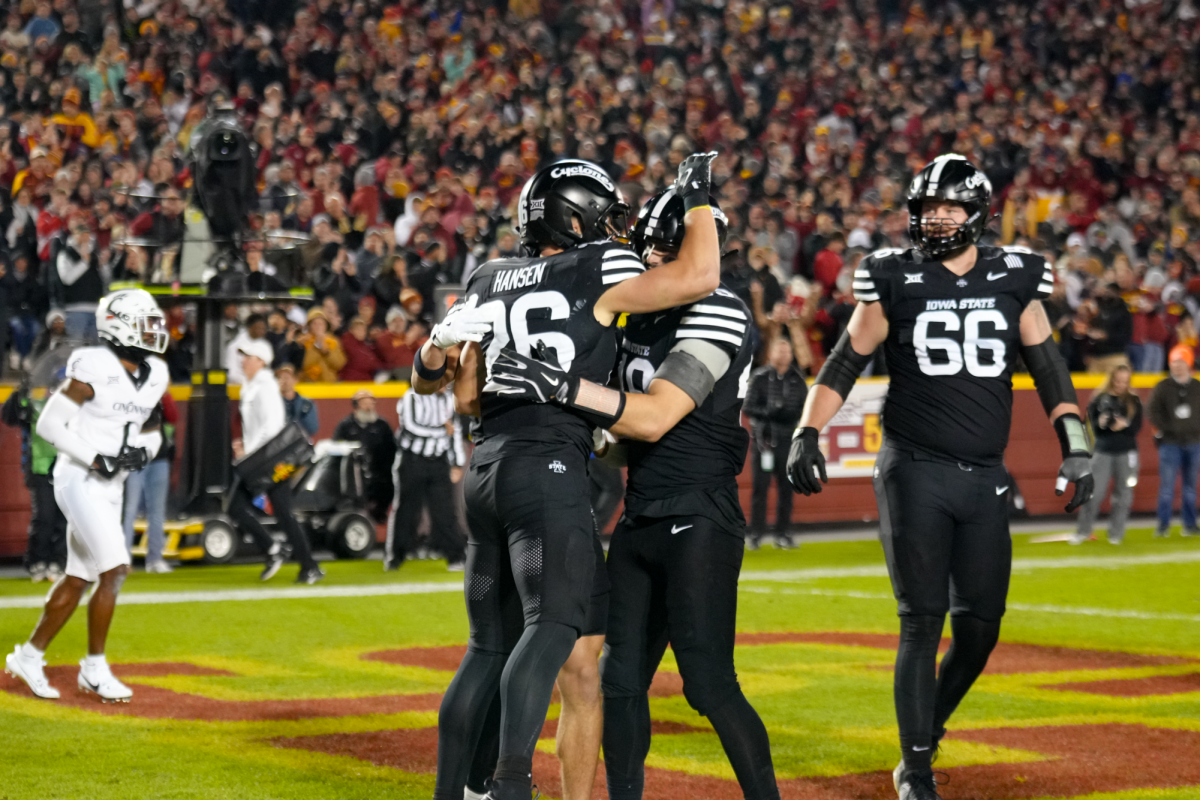LETTER:Protesting poor definition of patriot
October 10, 2002
If Second Lieutenant Lee Vandewater had not informed his readers that he is “a member of the U.S. Army,” I might have assumed he was with a different army altogether. He lives in a nation whose founding documents single out free speech, dissent and debate as fundamental activities. Yet his implicit claim is that if one protests government policy on war, one is unpatriotic.
It does no good for him to begin with the statement that he fully supports the “right of fellow citizens to protest our government in a peaceful demonstration” when he goes on to call the protest “certainly not patriotic in theme” and fails to explain how he arrives at this position. The “theme” of this nonviolent, antiwar protest was, for some, that the U.S. government should not go to war against Iraq unilaterally or pre-emptively. Others were there because they believe that the U.S. should not go to war against Iraq period or that the U.S. government is trading blood for oil. Given that these are dissenting views held by decent citizens who echo the opinions of a respectable minority of legally elected representatives in Washington, D.C., what gives Vandewater the right to label the protesters unpatriotic? According to my dictionary, a “patriot” is someone who “loves, supports and defends his country.” My discussion with Dr. Gradwohl strongly suggested to me that he does love and does support his country. (As a veteran, he has done more to defend this country than most of us have.) Many patriots are speaking out against military adventurism in the Middle East, from love of country and from concern for its well-being. We want the United States to be a better, wiser, and greater nation, and we understand one of our duties as patriotic citizens to be that of keeping reasoned debate alive. At Monday’s protest, some of us were called “idiots,” and “sick,” but no one dared call us “unpatriotic.” I am afraid that Lieutenant Vandewater has discarded George Washington’s definition of “patriotism” for George W’s.
Anne R. Richards
Graduate Student
Rhetoric and Professional Communication






